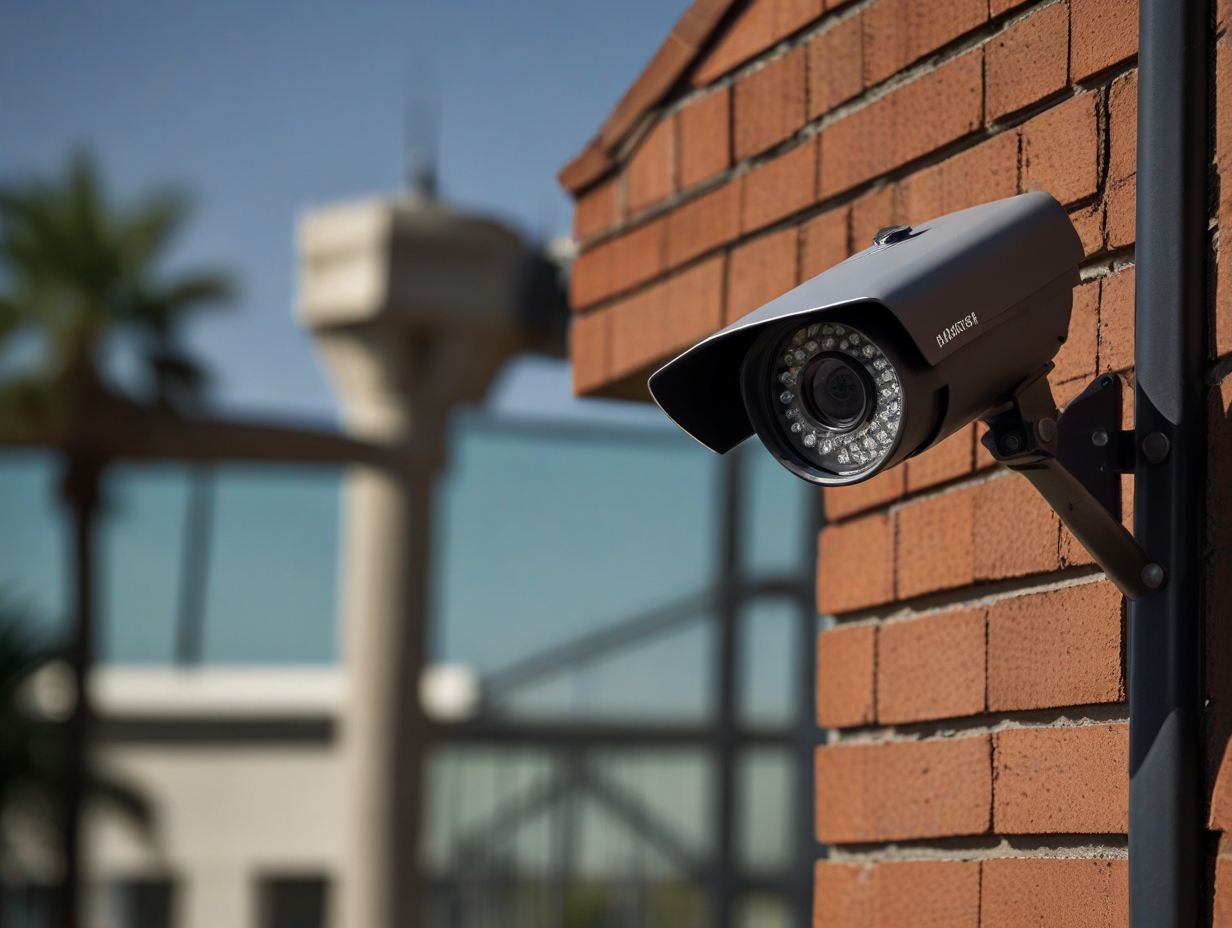President Joe Biden enacted the continuation and amendment of Section 702 of the Foreign Intelligence Surveillance Act (FISA), up to the addition of two years to American surveillance practice. While true supporters described the legislation as good in the hour of need, there were quite a few challengers to it, even from the group of privacy advocates and some of the politicians who believed it could go against Americans’ basic rights.
New surveillance law, Privacy, and Security Concerns
The bill, Reforming Intelligence and Securing America Act, has received overwhelming support from bipartisan representatives, Sullivan added as a National Security Adviser. It is hoped that it will provide a further constitutional check on the use of Section 702 to prevent national security risks.
Such an inheritance gives rise to all intelligence and law enforcement agencies, such as the NSA, the FBI, and the CIA, being able to examine foreign communications without a warrant, which some suppose could eventually lead to direct surveillance of U.S. citizens. Thus, this raises the concern of privacy and security.
A distinct divide between the two prominent factors of national security and personal privacy rights was well-illustrated by a legislative process. Although the bill drew widely spread backing mainly because it served as a means to fight terrorism and protect national security, opponents claimed that the bill had the possibility of abusing the powers of surveillance activities. The most notable among the critics was Elizabeth Goitein from the Brennan Center for Justice, who found the bill’s nominal reform inadequate for defending civil rights.
Impacts of the Law on Internet Service Providers
The bill passed the House; nonetheless, it generated dispute; an amendment that asked security agencies to obtain a warrant for internet-based surveillance occasionally failed in the House. This move was a visible reflection of the ever-growing challenges that must be overcome to achieve the right balance between the need for safety and privacy.
As the implications of Internet service providers and privacy regulations continue to evolve, the need for robust surveillance policies and rigorous implementation of these safeguards becomes increasingly prominent. Under Section 702 renewal, the U.S. intelligence agencies may also demand providers like Google or Verizon to display internet users’ data for investigative purposes, thus expanding data collection techniques from their national criteria.
This capability raises concerns for consumer rights activists, who fear that the new law would require many internet service providers whose duties are unclear to pivot to government spying.
For this reason, the White House says that this very specific act, the Reforming Intelligence and Securing America Act, has included the smartest and most powerful set of changes concerning oversight, privacy, and civil liberties. These initiatives are designed to balance the rising demand for intelligence with the desire to respect individual privacy rights.
After the law is implemented, discussions on the right balance between national security and privacy will continue, raising several areas of concern like policy, governance, and citizen rights. This continuing dialogue is highly likely to impact the making of laws and, as a result, judicial decisions related to privacy in the United States.





